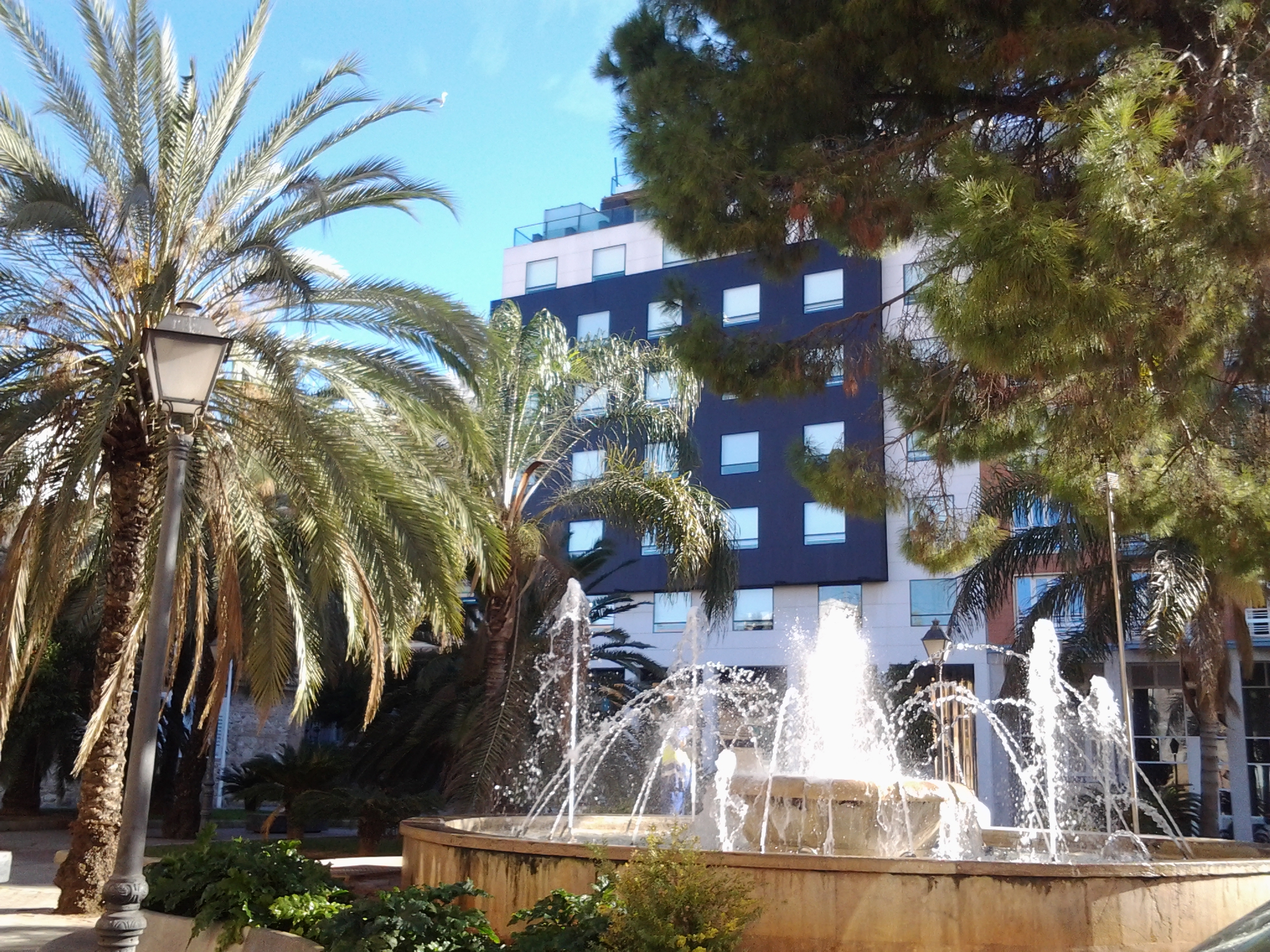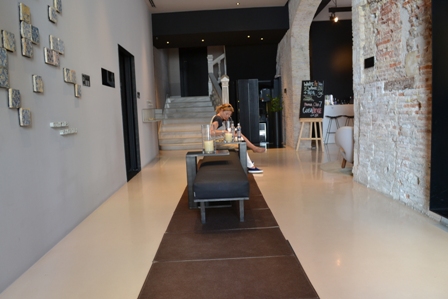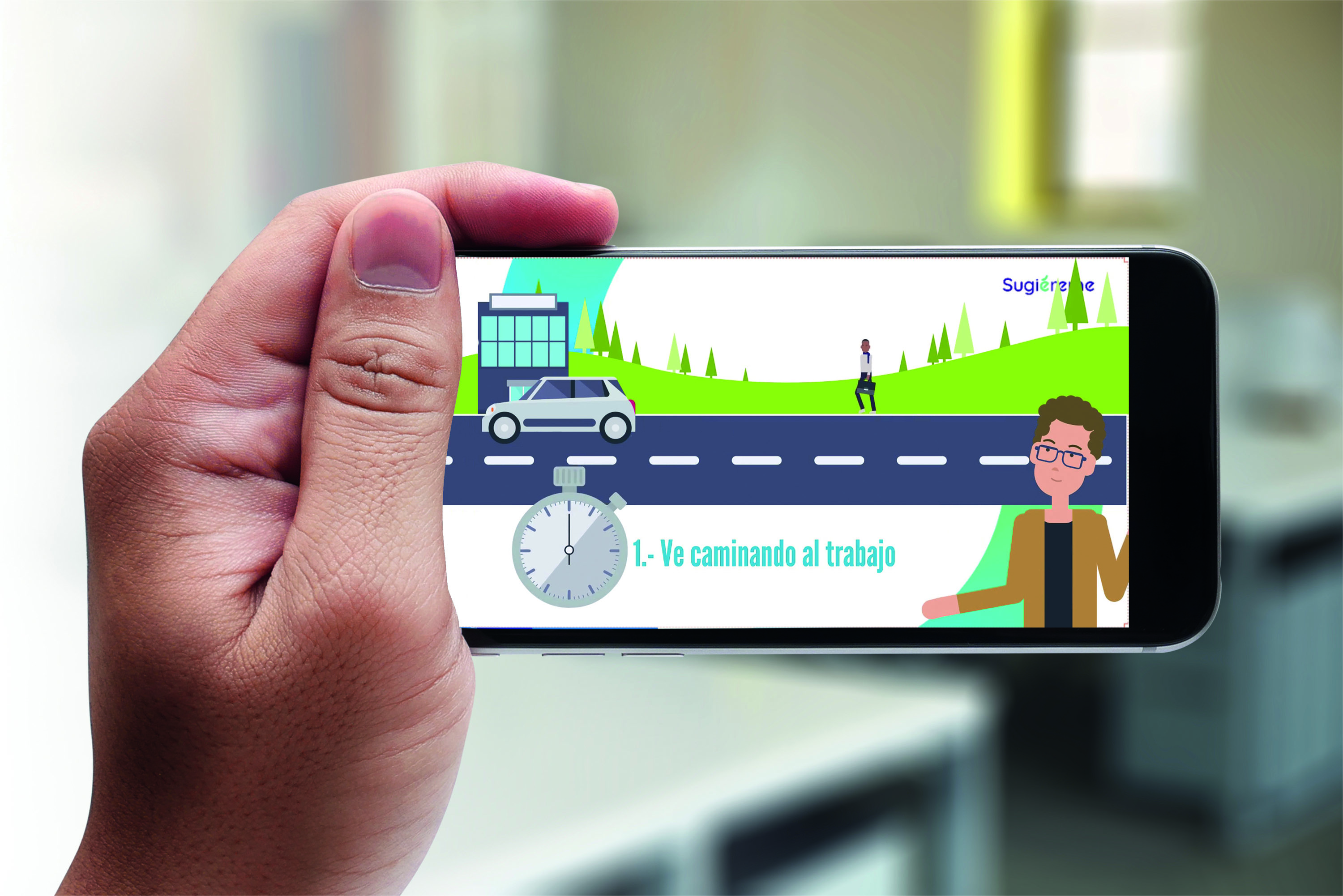Caxton College Graduation
Caxton College Principal
Amparo Gil: “We need to learn to assess a student’s abilities and skills in the same way that we grade their knowledge”
For six consecutive years, Caxton College has been among the schools in the Valencian Community with the highest academic results in Sixth Form
With 32 years of experience behind it, this British school located in Puçol, Valencia, developed an educational model that has enabled it to become one of the few Spanish schools to obtain a British School Overseas certificate, awarded by independent British inspectors, with the highest possible result: Outstanding.
A few weeks after receiving the Valencian Rotary Club Prize for “Service to Society”, we spoke to the Principal, Amparo Gil, to see if she could shed some light on the reality of education nowadays, and at the same time, explain some of the key reasons that lead her students (around 100 yearly), to obtain an average of eight points out of ten in their University access examinations, the A-Levels.
Question: The educational system is seeing a revolution in recent years, and it seems to have only just begun. How are you experiencing this transformation as regards to the immediate future?
Over a decade ago, we became aware that new digital tools were going to transform Society, and with it, the educational curriculum. At that time we introduced methodological changes and new technologies into our system to adapt to the emerging new social and workplace realities. But beyond merely incorporating new technologies, we focused on identifying the new skills and competences that students would need in 2050. From that moment on, theoretical learning in the classroom has become increasingly balanced with emotional learning as well. Artificial Intelligence is already knocking at our doors, and we must think about how it can be used to help our students acquire an increasingly individualised learning experience, one in which the Humanities are rigorously applied, so that classical thinking can help them to better understand all the technological innovations that lie ahead.
Question: And what are these new skills that students must acquire in order to cope in the near future?
I think it is important that schools focus on enhancing what experts have started to call the four “Cs” in recent years. In other words, we must encourage Creativity, Cooperation, Communication and Critical thinking. In our case, we have put this into practice for a long time and the results are optimal. In addition, each academic cycle is reinforced by a system of values that are continually applied so that students grow up with a foundation based on goodness and ethical values. The assessment of these values should be as important as the evaluation of their academic subjects. If respect, responsibility, commitment and endurance are taught properly, and if the knowledge we offer to our students is appropriate, we will be producing young people who are well prepared to face the challenges that the future will bring.
Question: One of the difficulties facing students is the lack of career guidance for both University orientation, and their professional careers. Is this still a pending issue for schools to address?
It is essential for students to receive guidance in this area, from an early age. A student must have as much information as possible about the career they want to study, years before making the decision. You must know, for example, if your qualities are the most suited to this career, if you enjoy work experience in this field, and many other details that will help you to make an informed decision. In our case we have a programme that we develop from the first year of ESO (Obligatory Secondary Education) to help students to approach their Third Level studies realistically. We do this by organising University information fairs, going to the faculties, giving a subject on the skills they must acquire to build a good academic future, offering work experience in companies to learn first-hand the workplace reality of what they want to study, or inviting professionals to the school so they can explain in detail what their job is like on a day-to-day basis.
Question: What does the British curriculum offer that differs from other educational systems?
There are some major differences. I think however that the fundamental difference is that we understand that students do not need classes where they are given information to memorise, precisely at a time when students have infinite access to information through the internet. Therefore, teachers must be able to help them make sense of this information. In this aspect, educational systems need to be very flexible and adapt to the new demands of the labour market. The British curriculum is characterised by promoting a very pragmatic style of learning that pushes its students to investigate, to acquire good study habits and, most importantly, to learn autonomy and to practice critical thinking. It also develops their creativity with a method that is very sensitive to culture. In my opinion, no education system should leave out the learning of philosophy, the Arts or a second language.
Question: How do you channel your young people’s talent?
In my opinion all students have their own innate talent. The difficulty lies in knowing how to discover and enhance it. That is why it is important in the classrooms to offer a wide variety of educational resources to help us to detect where their greater academic abilities lie. But we must not forget that talent is not only intellectual. There are emotional talents linked to certain skills such as perseverance, effort, responsibility, creativity and so on that help students to overcome obstacles and achieve great goals. Therefore, I think that if we guide them well at school, and we motivate them in a personalised way, we can see how they grow at all levels. In particular, I think that as important as it is to help a child obtain top marks in their exams, it is equally important to rescue another who is in danger of failing, and help them to pass, so that bit by bit they can improve their attitude and results.
Question: What is the role of teachers in this new digital age?
The best educational tool for this 21st century is, undoubtedly, a teacher adapted to the new reality of technology, able to relate to parents and students, who bases their knowledge on excellence, who encourages perseverance and who, as Socrates said, “tries to make people think.” Among other attributes, they must have exemplary behaviour that serves as a model for students and be able to design their own teaching resources by organising bidirectional classes where students, working collaboratively, can interact and be a part of the training process.
Question: If education fails, does the system fail?
Undoubtedly, education is one of the basic pillars that sustains a society. For that reason, it is very important for us to take it very seriously, and work together towards a homogenous education that benefits everyone equally. The decisions we make now will shape the life of the next generations to come, and we cannot leave them to chance. It is important for educational leaders to focus their criteria around educational systems that have demonstrated their validity for decades. And one of those is the British system, always at the top of the world educational rankings.








Recent Comments